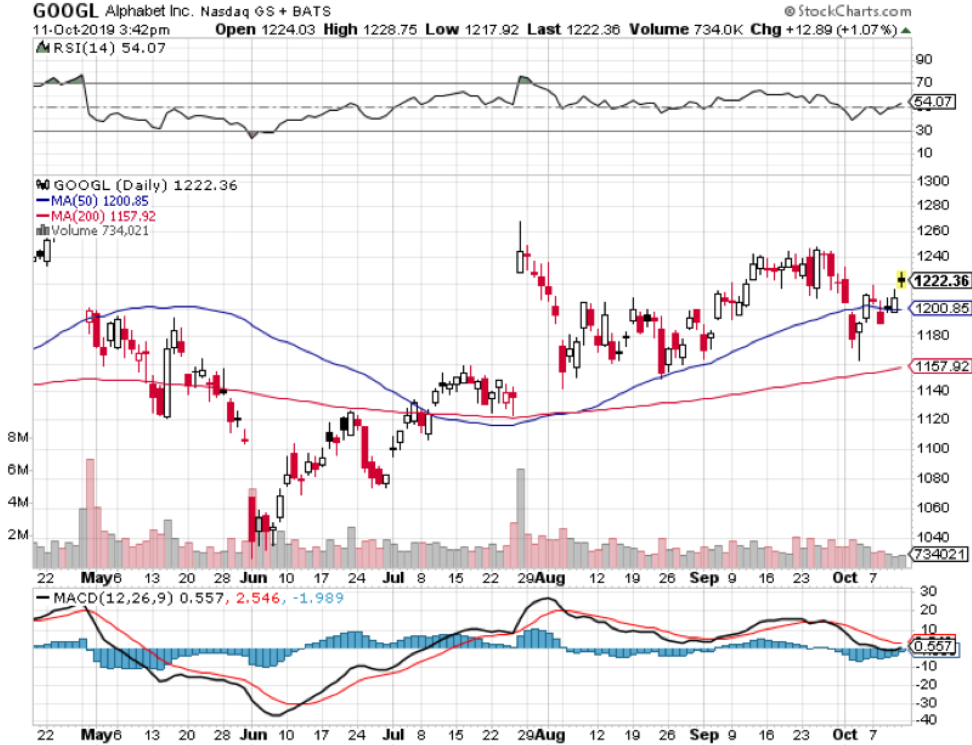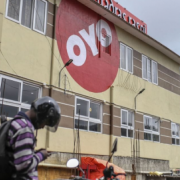What is Autonomous Driving Really Worth
Is Waymo the real deal?
Apparently not.
That is my takeaway from an analyst cutting the valuation estimate by 40% for Alphabet’s autonomous car subsidiary Waymo from $175 billion to $105 billion.
At $175 billion, investors were giving Waymo the benefit of the doubt plus a generous serving of hyperbole when this unproven technology has never in the history of mankind been monetized successfully before.
Well, $105 billion is a stretch in current times and that valuation might need to be revisited a few months down the line as well.
In a stock market that has frowned upon the waterfall of cheap money of late to fuel its absurd risk/reward strategies, Waymo’s haircut falls in line echoes the same parallels.
This current market climate is more about bulletproof balance sheets and the Waymos, Ubers and Lyfts of the world are getting a nice bench seat in the penalty box.
Today marked an even lower nadir with Uber Technologies Inc. announcing that it is on the verge of acquiring a majority stake in online grocer Cornershop, a deal designed to both extend its geographic reach and boost profits by commingling food delivery with rides.
Cornershop is a digital grocer in Santiago, Chile.
Yes, Chile, the country in South America.
It’s hard to believe that Uber must reach that far down the olive branch to grow.
Prepare yourself for anything like pig farms in Zimbabwe or plumbing businesses in Baku, Azerbaijan.
Who really knows anymore!
These types of exotic purchases are exactly what Mr. Market despises in a climate of negative tech earnings growth.
But I do believe Uber is at the point where CEO Dara Khosrowshahi must become the unlikely savior as the alarm bells are ringing with current Uber investors presiding over a calamitous decline in shares since the IPO.
It’s a rough one and tough sledding for tech executives in 2019.
And it’s no surprise why the number of fired tech CEOs has mushroomed from the CEO of eBay Devin Wenig to the fake tech CEO of office-sharing company WeWork Adam Neuman who spectacularly lost $3.5 billion of personal wealth in less than 30 days.
He is still left with $600 million but his story epitomizes the tech climate right now and there are no free lunches.
So is Waymo ready to deliver or is it a charade?
Waymo pinged an email to customers of its ride-hailing app that their next trip might not have a human safety driver behind the wheel.
The email, entitled “Completely driverless Waymo cars are on the way,” was sent to riders in Phoenix.
A geofenced area that covers several suburbs, including Chandler and Tempe, have a human safety driver behind the wheel and the grid-like setup makes it easy for self-driving technology to perform well.
Waymo has dabbled in Chandler, Ariz. in 2016 and has slowly built this program toward commercial deployment.
Recently, Waymo opened its second technical service center in the Phoenix area to serve a doubling of the fleet.
The general public has never gotten a taste of this technology and I bet it will be years before Waymo is ready and not the late 2019 and early 2020 projection they promised us a few years ago.
There are too many known unknowns that have yet to be solved such as what limitations Waymo will place on these rides.
Waymo is effective in controlled environments but thrown in the natural elements, nighttime, and unforeseen circumstances and the effectiveness deteriorates by orders of a magnitude.
I believe the hurdles relating to the commercialization and advancement of autonomous driving technology will keep slowing Waymo’s march towards success.
Analysts have underestimated how long safety drivers will accompany cars with the most likely outcome a broad-based delay of the rollout of autonomous ridesharing services.
Profitability has been vastly miscalculated as well.
Each driverless car unit is more expensive than first thought and will stay operationally loss-making for years longer.
The technology isn’t advancing at the rate it was when this technology was incubated, Waymo has clearly plateaued and there is a bottleneck in terms of meaningful solutions.
Alphabet has already invested deeply into driverless cars.
Not only them, but Uber already had spent over $1 billion on autonomous cars at the time they went public.
I won’t say this is a black hole of investment capital, but the losses will keep mounting for the next few years and there is no inflection point in sight.
Waymo will continue to be a drag on Alphabet’s earnings after there were such high hopes for the rapid deployment of self-driving cars.
There is a light at the end of a dark tunnel, but that light seems further away than ever.





